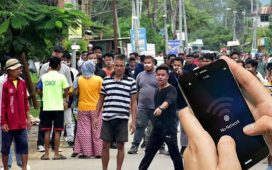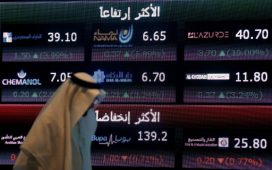Turkey’s government is intensifying its efforts to control social media and online content, particularly targeting Kurdish media and reports on corruption, warned Veysel Ok, co-director of Turkey’s Media and Law Studies Association (MLSA), in an interview with ANF on Saturday. According to Ok, the government has recognised the power of the internet since 2012 and has repeatedly amended internet laws to suppress dissent.
“This is the result of trends that started in 2012 and around the Gezi* protests,” Ok said. He explained that both the government and the opposition realised that the internet was replacing the mainstream media, which now largely serves the ruling Justice and Development Party (AKP). “The AKP understood the internet’s influence, and from 2012 to 2023 they changed internet laws multiple times in order to control this power,” he added.
Censorship report reveals extensive media suppression in Turkey
Ok emphasised that the government’s control over the mainstream media — 93% of which is now under its influence — has driven independent journalists to focus on digital platforms. “When the internet media started setting the agenda, the government responded by changing laws repeatedly to gain control,” he said.
The censorship particularly targets Kurdish media, which Ok explained is directly related to the state’s authoritarian approach to the Kurdish question. “The first target is always Kurdish media and Kurdish social media users. The state does not want any narrative outside of its official ideology regarding the Kurdish issue,” he said. Ok predicted that repression of Kurdish media will increase as time goes on.
Kurdish websites targeted in Turkish cyber espionage campaign, exposing user data
Ok highlighted the broader implications of these internet controls, noting that articles on corruption, human rights abuses and critical topics like the country’s Syria policy have been blocked under the guise of protecting personal rights. “Corruption reports are being censored using laws meant to protect personal rights. This is a clear misuse of these legal provisions,” he warned.
In the coming years, Ok expects the internet to become the government’s primary battleground for controlling information, urging journalists to prepare for more restrictions. “Both we and the state are aware of this. That is why the government is looking for ways to control it,” he concluded.
* The Gezi protests were a wave of demonstrations and civil unrest across Turkey which began on 28 May 2013, initially to contest urban development plans for Gezi Park in Istanbul.













